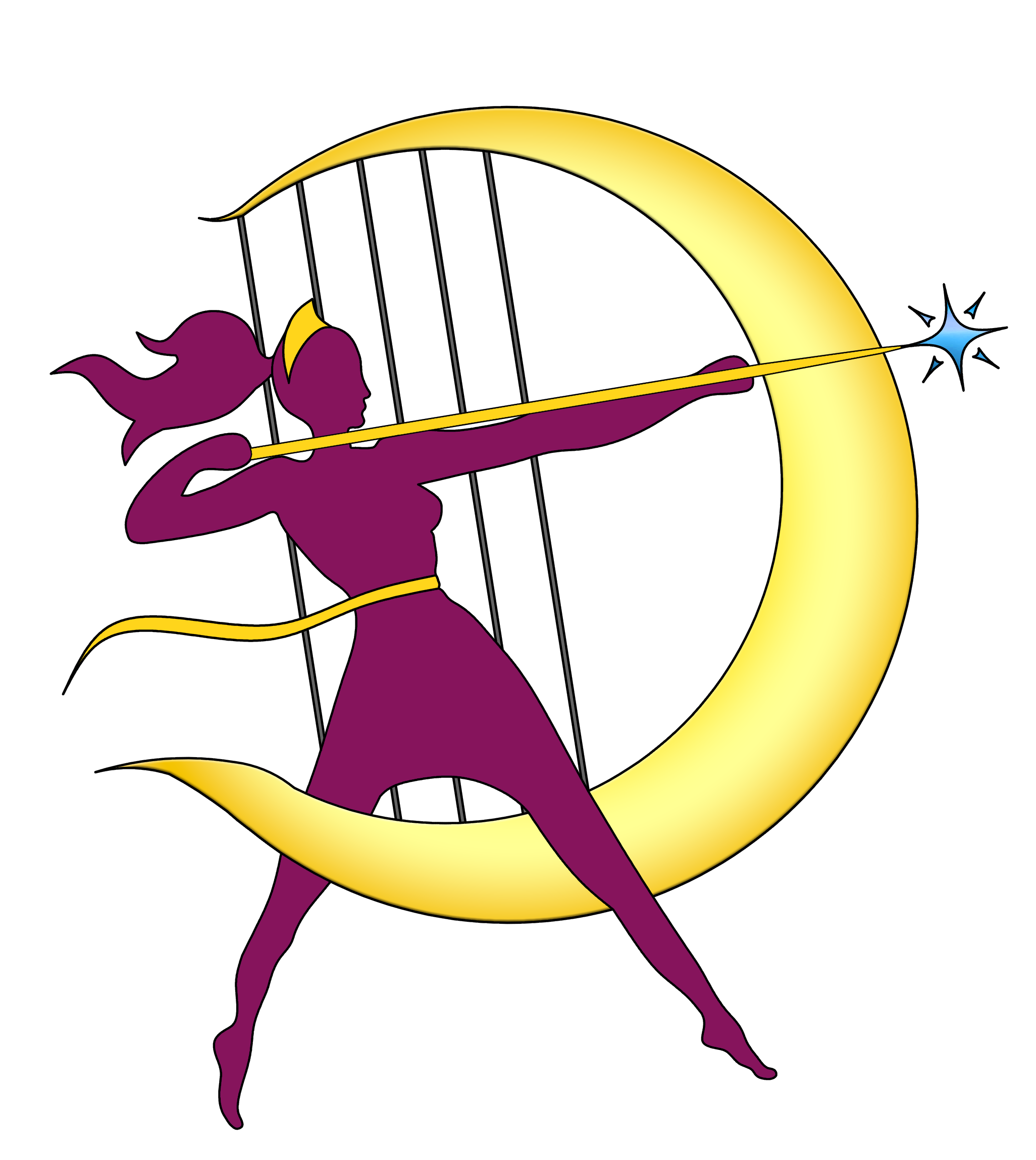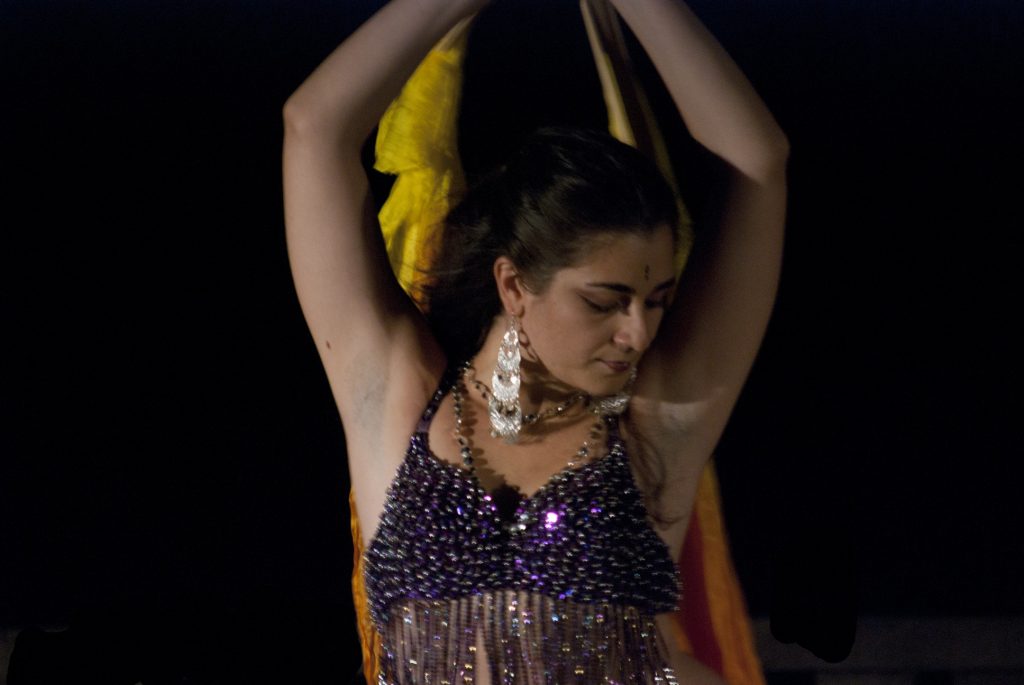Belly dance, Arabic dance, oriental dance or Middle Eastern dance?
What is the right name?
Some clarity is urgently needed for dancers, dancers, and spectators.
Let us immediately distinguish oriental dance from Middle Eastern dance for the simple fact that it includes, unlike the latter, other oriental dances such as Chinese dance and Indian dance (in its modern form also known as bollywood). Arab dance is a further specification with respect to Middle Eastern dance, in that it refers to the Egyptian and Arabian peninsula tradition, while belly dance is a generic definition that originated with the depersonalizing and somewhat banal interpretation of Hollywood movies.
It is a topic, this one, that is always hot and topical in our field, as the definition cannot and should not, in my opinion, be simplistic and hasty.
At the end of the summer I was invited to the international teleconference of the International Dance Council – C.I.D. to speak on this very topic.
All the speakers agreed on how long-standing as well as thorny the issue of naming was. Some were resigned to the polysemanticity of names and to plurality as a resource, others leaned toward the label of “Middle Eastern dance” to distinguish it from Indian and Asian dances, still others emphasized a modern “bellydance” that includes a little bit of everything (even completely fancy styles not grounded in any tradition) and I, too, made my own contribution on the matter.
I believe, as a language scholar, that it is very difficult to change a terminology at the table just by deciding it.
Even more difficult I find it to imagine that a small group of experts half-unknown to the masses can do it.
Instead, what I firmly believe in is that every drop in the ocean is precious and that we can start from the bottom, from the internal and external narrative that everyone expresses. Words are empty without real shared and recognized experience over time. Taking my cue from the current controversy over words that should reflect gender politics, I fear that purely linguistic change (however thought-provoking it may be) is not enough and does not last if it is not matched by actual change in behavior, social norms and traditions, and culture.
And for this to happen, it usually takes many years. So, we can use any name to refer to our kind of dance, but what we should be aiming for is to improve the attitude of everyone involved so as to bring proper respect and honor to this art and its artists.
How?
By starting to spread as much correct information as possible in order to replace the old clichés and all the misunderstandings perpetuated in fact even by the very name invented by Westerners “belly dance,” which hardly invokes noble ideals.
Part of my mission is to demonstrate how high, mystical, deep and wonderful instead there is and I feel it is necessary to communicate the great potential of this dance by rediscovering its more inner and spiritual side while having fun and enjoying myself. This is what I have tried to do with my book The Mysticism of Oriental Dance….
For now it is in Italian but I am looking for a publisher interested in printing it in English as well. I have tried to give as complete an overview as possible of belly dance starting from its origins, also dealing with the question of its many names and clarifying all the false stereotypes about the harem, the sultan and so many silly ideas about belly dance that are just die-hard. Instead, I have tried to thoroughly explore its history, myths, cultural icons, women’s roles, archetypes and timeless symbols belonging to the enchanting oriental imaginary protagonist on the stage and in our hearts.
Therefore, I would like to remind that each of us is precious and if we unite and work together in “doing culture” in a more ethical and inclusive way, the benefits will be manifold.
The mystique of this dance I live and write about belongs deeply to all peoples of all times: in its steps, all explained and illustrated in the book among other things, we can find a hidden and sacred code that is so important for me to recognize and respect.
In the book you will also find quite a few differences in musical rhythms, instruments and dance styles to highlight the vastness of this world, in my opinion, impossible to reduce into one name or idea.


